Recommendation
In this delightful book, Cass R. Sunstein offers a cogent, compact and gently witty discussion of information sharing. His explanations of how different knowledge-aggregation processes work are extremely useful. They range from the theoretical (laying out the philosophical structures underpinning deliberation) to the practical (offering focused and specific suggestions for improvement). This certainly isn’t the first book on how groups create knowledge – thinkers have rushed to make sense of the new possibilities that information technology presents. It is, however, one of the more quietly critical approaches, one that debunks extreme claims, points out the dangers that balance the often-trumpeted benefits and shares first-hand experiences. Sunstein is an enthusiast for certain types of collective information processing, but he is far from naïve. getAbstract recommends this book to managers interested in improving organizational decision making.
Summary
About the Author
Cass R. Sunstein teaches at the University of Chicago Law School. He is the author of Radicals in Robes, Republic.com and other books.









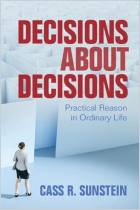
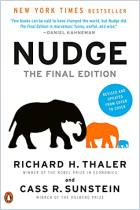
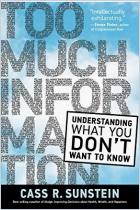
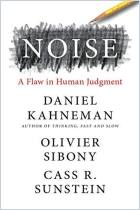
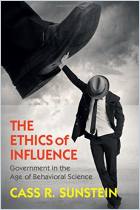
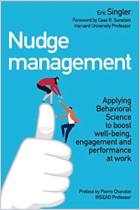
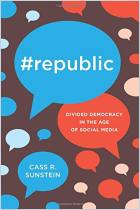

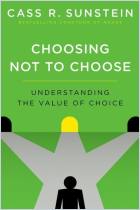


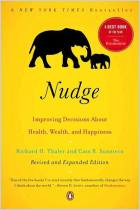
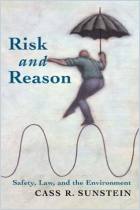

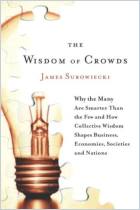
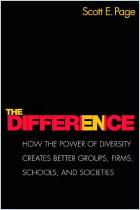
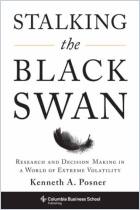
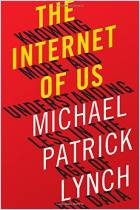
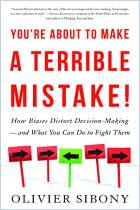





Comment on this summary or 开始讨论